Want to Write Better Dialogue? Close Your Eyes and Listen
This post may contain affiliate links.
written by Lisa Fipps, children’s book author and former journalist
Read the first article in this series, “Let Me Be the Devil on Your Shoulder to help with Dialogue“.
Want to Write Better Dialogue? Close Your Eyes and Listen
Wanna know a secret? When it comes to writing dialogue, I have an advantage. Why? Because I was a journalist for … well, far too long. I honed my listening skills during interviews for more than 6,000 articles. And there were usually at least three sources for each story. Sometimes more. So I’ve actively listened to, roughly, 18,000 conversations.
Remember at the end of my last post about dialogue, where I mentioned listening to a lot of real conversations? And where I said that there was another reason writers struggle with dialogue? It’s because they don’t listen to enough dialogue.
During every conversation, I was always waiting for not only those perfect quotes journalists live for but also for the person’s real story to surface as they slowly got comfortable talking with me. Even without paying attention to their body language, I could tell by their voice when they’d stopped talking to a journalist and started talking to Lisa – and vice versa.
I’ve interviewed people from all walks of life, from an astronaut who’d spent almost five months in space to a homeless family living under a bridge. They all had two things in common: changes in their voice during the conversations and their own unique dialogue.
A voice often shakes when someone’s emotional. A voice gets louder when someone’s agitated or excited. The volume goes down – sometimes to a whisper – when a person has an internal revelation during a conversation. Pitch changes. (For an example of pitch, think of your tone when flirting verses giving a speech for work.) When they’re trying to hide the truth, people stammer. Stutter. Pause more. Say umm and uh more. When they lie, the speed at which they talk changes. They talk faster (if they’ve been talking slowly) and slower (if they’ve been talking quickly). When what’s being said – or asked – makes them nervous, anxious, afraid, or stressed, their voice gets dry. Hoarse. So they clear their throat a lot.
So here’s some homework. Go to a café. Close your eyes and listen to the conversations around you. Listen for voice changes. Dialogue. Don’t listen to what they say – although that can be fun or frightening; listen to how they say it. Turn on your TV and listen to a movie instead of watching it. Your ears will pick up on more if you have your eyes closed. During the movie, listen for voice changes and dialogue. Listen to a sitcom, rom-com, drama, horror movie. The more genres the better. Here’s a fun tip: Listen to a movie in a language you don’t know. You’ll be able to pick up on emotions just by the changes in their voices. Listen to movies for kids. For teens. For adults. Notice the differences in voice and dialogue based on genre and audience.
Expert tip: When you’re writing, put foam earplugs in your ears and read a passage, page, chapter, entire manuscript – whatever – aloud. You’ll easily hear where the dialogue’s clunky and “off.”
About Lisa Fipps

About Starfish
Ellie loves to swim; it’s her safe escape and where she feels the most comfortable despite being called the cruel nickname of “Splash”. She’s always been bullied for her weight –by her peers and especially by her mother. (Talk about a toxic parent!) Fortunately, Ellie finds an ally in a supportive therapist who helps her grow into her power and find her voice. “As I float, I spread out my arms and my legs. I’m a starfish, taking up all the room I want.” I love this poignant middle-grade story in verse about Ellie who discovers that she’s beautiful and deserves to take up space in the world. It’s a BEST middle grade book of 2021 and all time!
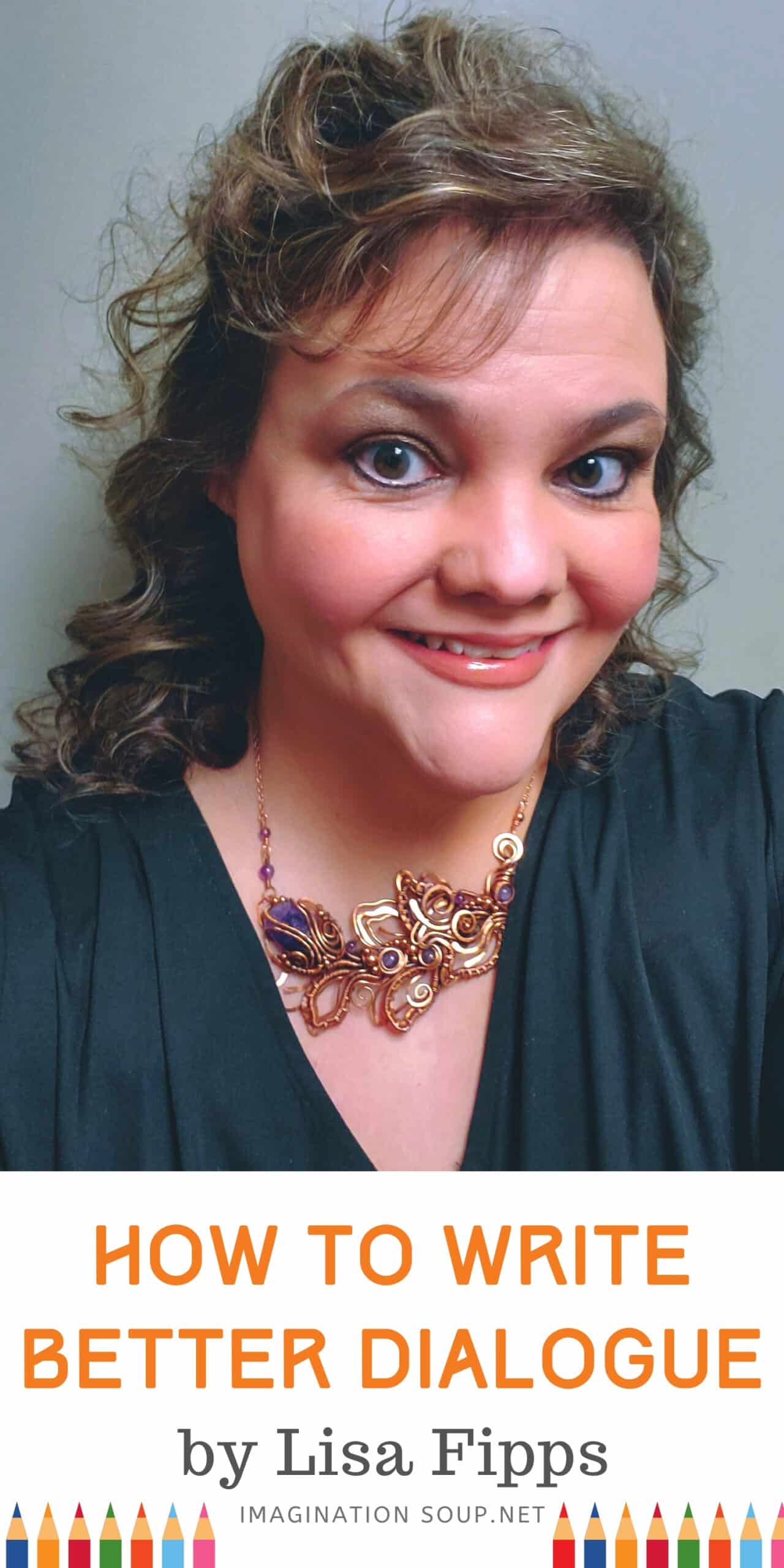
READ MORE:

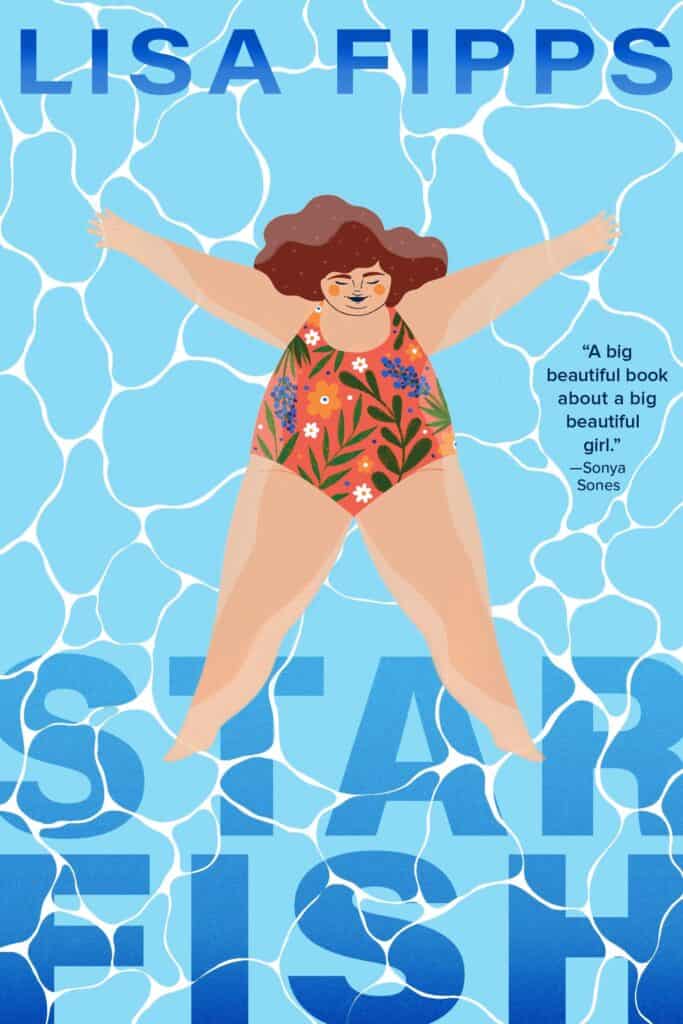
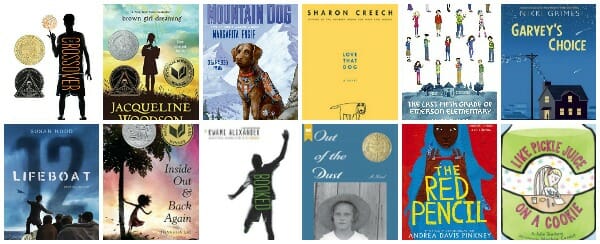

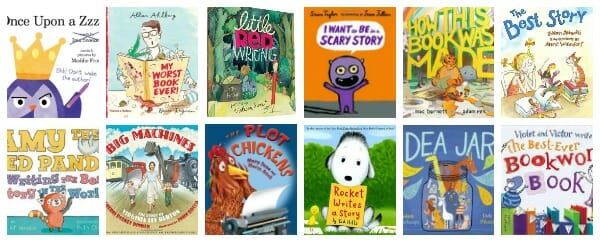




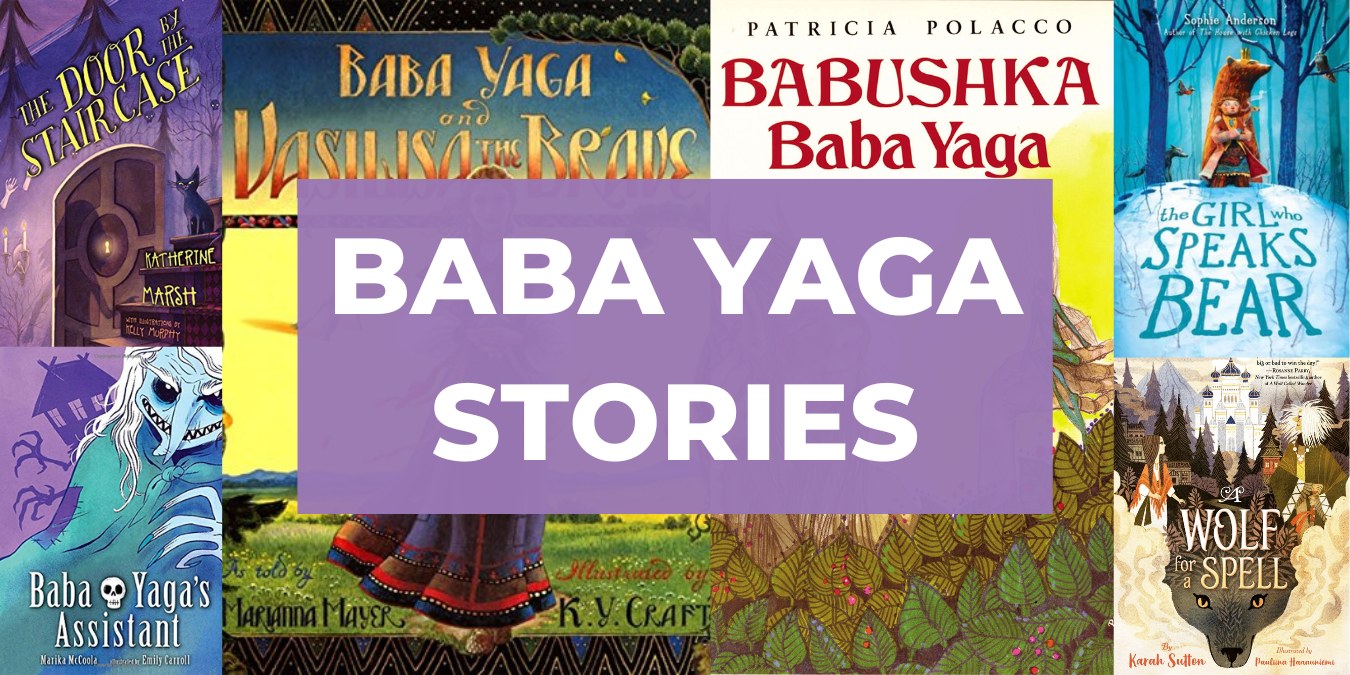
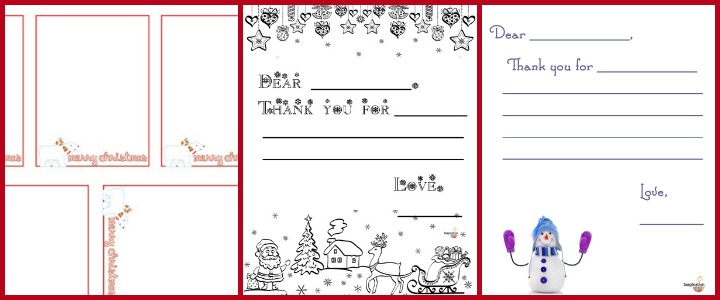
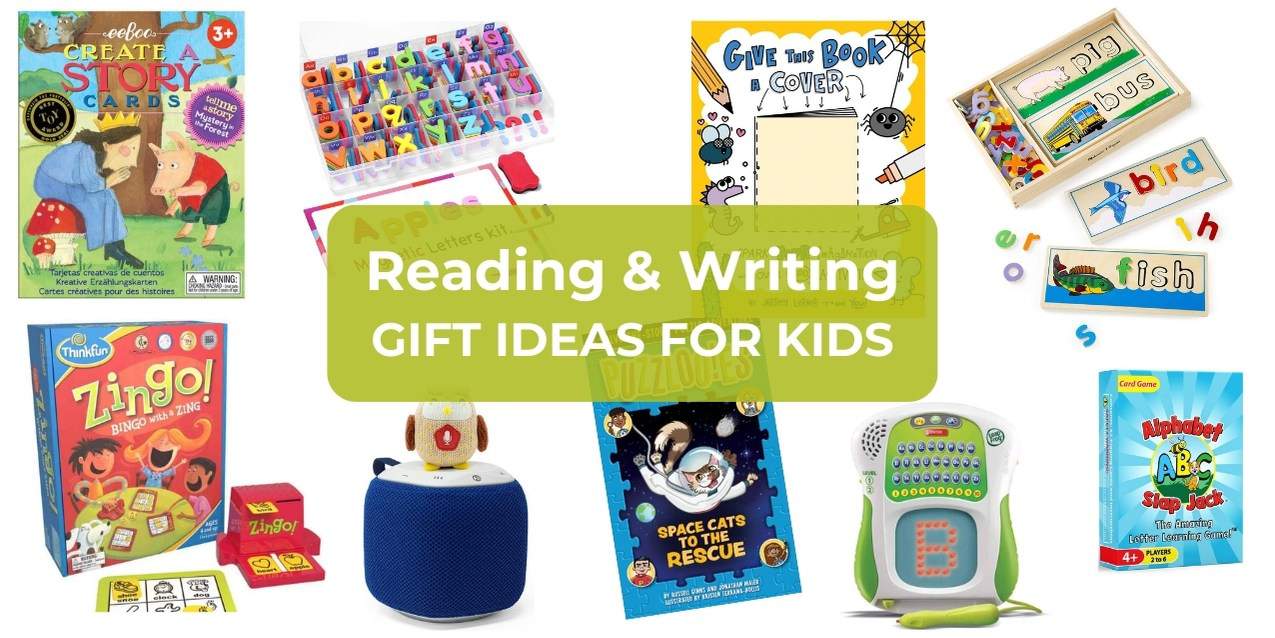
What a great post! Helpful to anyone, adult or child, who is trying to nail dialogue. Thanks!